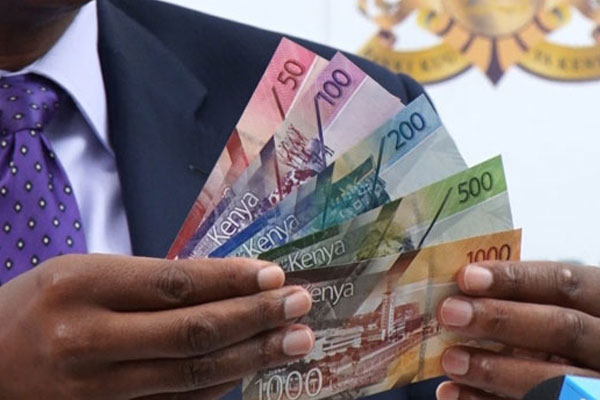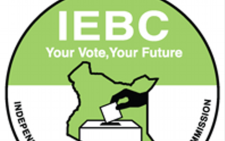See money as gatekeeper to dreams? Think again

“Mali si pesa, mali ni akili” (Wealth is not money, it is an idea). This old Swahili adage, often repeated by village elders, might be the most radical advice for young Kenyans navigating today’s brutal economy.
Everywhere you go in Kenya, you hear the same thing from youth: “I want to start a business, but I don’t have money.” It has become our national excuse. Money has become the gatekeeper to dreams, the imagined key to success. But here’s the inconvenient truth: the people who await money rarely build anything. It is the people who start with nothing but an idea that builds the future.
In 2024, the Kenya National Bureau of Statistics estimated that over 1.2 million youth joined the labor force, but less than 15 percent found formal employment. That means nearly a million young people had to improvise, to hustle. And the most successful among them were not the ones who received funding or big grants. They were the ones who started with a sharp idea, a simple problem to solve, and resilience.
The most powerful starting point in any business is not capital. It’s clarity. Clarity about a real problem in your community that annoys people. That is where innovation lives. What most aspiring entrepreneurs don’t realise is that resources follow relevance. If your idea is useful, people will support it. Before you even think about looking for loans or grants, ask: “Is this something anyone would pay for?”
You also don’t have to walk the journey alone. In Kenya’s informal economy, partnerships are gold. If you are good at branding, link up with someone who can complement that service. If you have a body, team up with someone who bakes. One supplies the product and the other handles delivery. Barter. Collaborate. Innovate.
In Umoja, for instance, I interacted with two young men, Okello and Kazungu, who started a charcoal delivery business. One had access to a supplier. The other had a bicycle. They created a system where customers ordered via WhatsApp, and deliveries were made in the evenings after work. No formal shop. No capital injection. It is just teamwork and timing. Today, they have expanded into selling cooking gas and are eyeing a small depot.
Many believe having a job means you cannot start something on the side. But your salary is your first investor. A salary may help fund a side hustle. The idea that you have to quit your work to start something is not only wrong, but also dangerous.
A 2023 MasterCard study showed Kenya has one of Africa’s highest percentages of side hustles, with almost 41 percent of urban youth involved in more than one income-generating activity. This is not a crisis, it is a creative revolution. It shows we are already solving problems in small, meaningful ways. Our little ideas can grow.
For inspiration, we should look inward for problems. The best ideas do not begin in boardrooms. They are born from our day-to-day problems.
Of course, capital matters. But that comes later. We must shift our mindset from waiting to creating. If we train our eyes to see problems, then the future belongs to us.
The writer is an Innovations Evangelist and a PhD Candidate; machariamuhoho@gmail.com














